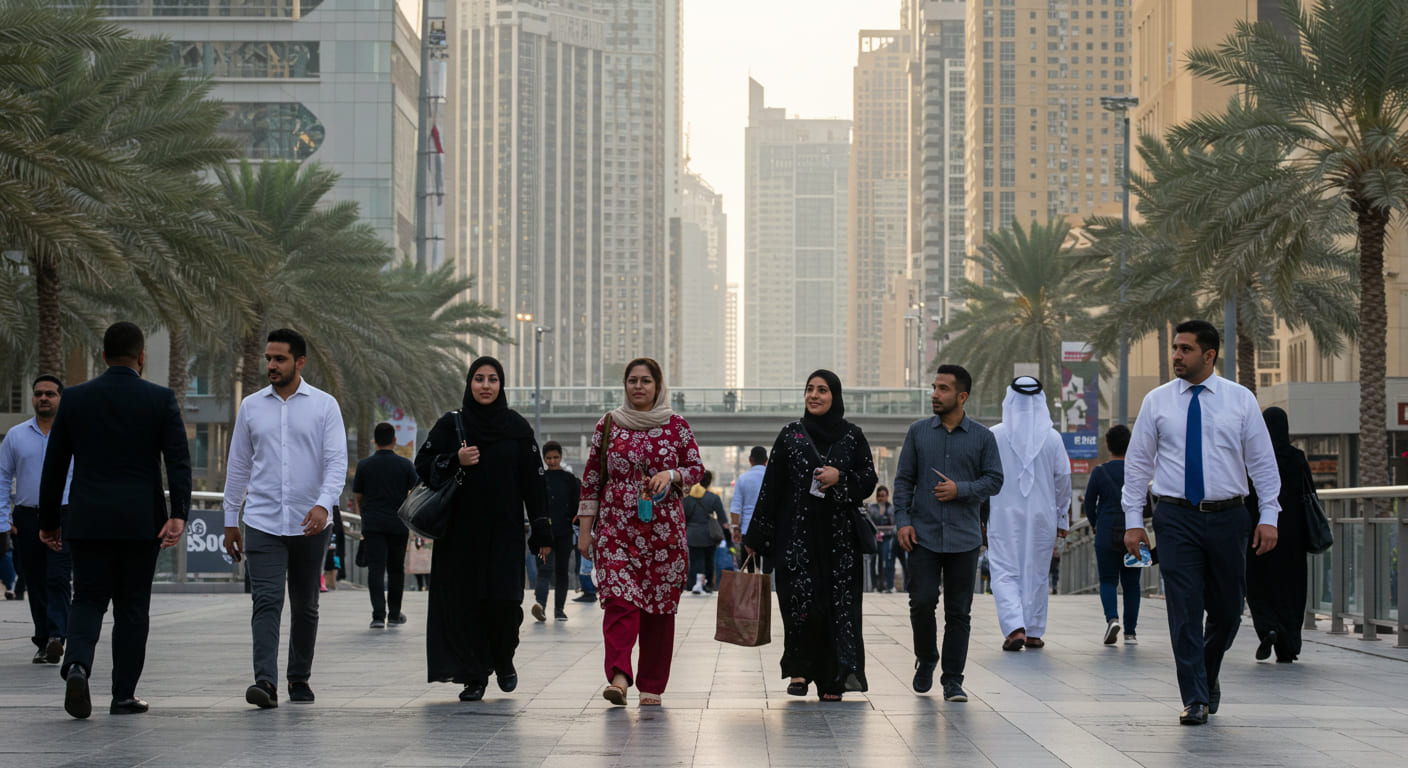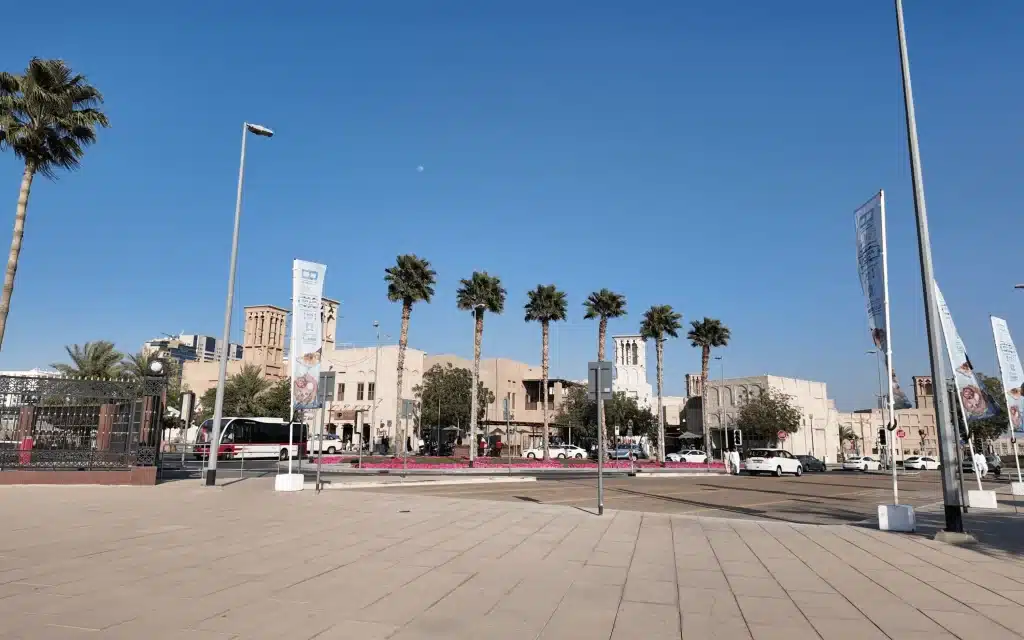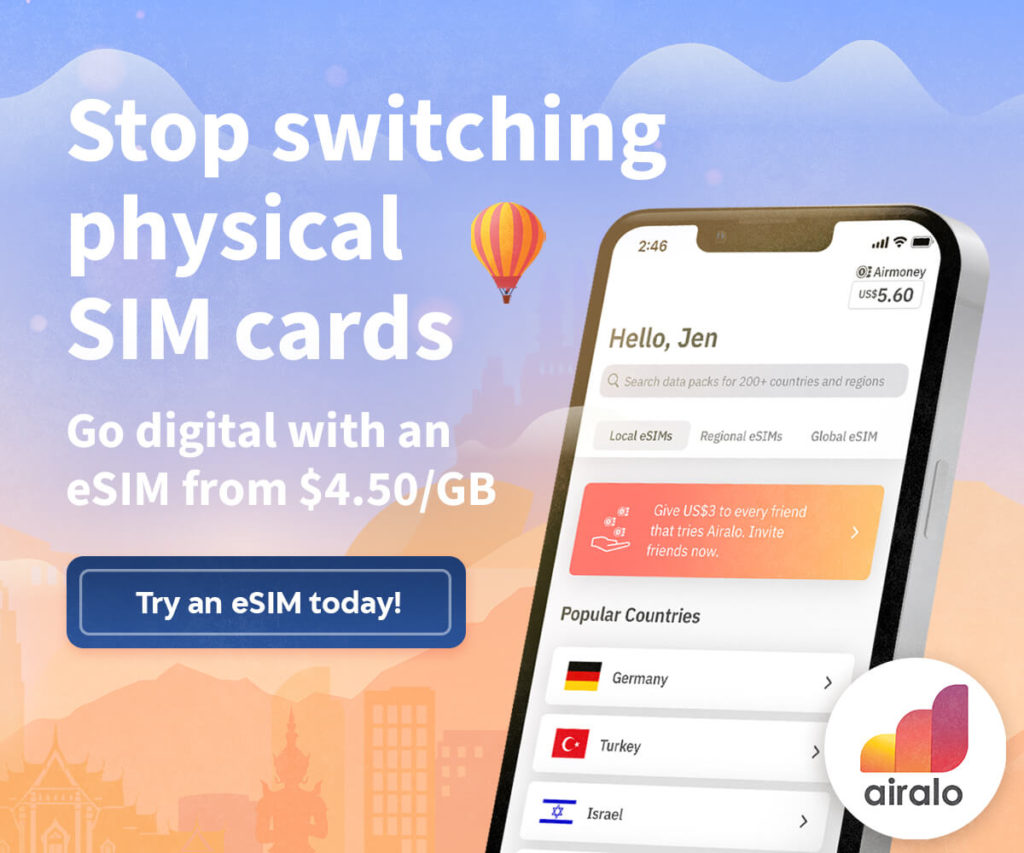If you’ve ever traveled to Dubai or anywhere else in the UAE, you’ve probably tried to make a WhatsApp voice or video call—only to realize it doesn’t work.
The same goes for other voice-over-IP (VoIP) apps like Skype or FaceTime. It’s not a technical glitch. This is a deliberate move by the UAE government to promote local telecom companies, mainly du and Etisalat, both of which the government holds a majority stake in.
Related: Travel Hack in Dubai: You Can Use WhatsApp Voice Notes
This strategy reflects a wider pattern in the UAE’s approach to business and technology. While the country opens its doors to tourists, investors, and foreign companies, it also tightly controls which international services are allowed to operate freely, especially in sectors where strong local players already exist.
A National Strategy: Prioritizing Local Over Global
The idea behind this strategy is simple: protect and strengthen local companies by limiting international competition.
In the case of WhatsApp and other VoIP apps, calls are restricted so that users are forced to use paid calling options provided by du and Etisalat.
The same seems to be happening in the eSIM space.
Recently, several international eSIM providers reported that their services were no longer working in the UAE, again giving an upper hand to the state-backed telecom companies.
From a business point of view, this protectionism makes sense.
By giving priority to local firms, the government ensures that profits, jobs, and data stay within the country. It’s a strategy seen in many emerging economies trying to grow national champions in key industries.
But It’s Not Always the Case—The Example of Uber
Interestingly, this “locals first” rule doesn’t apply across the board. Uber, a major international ride-hailing company, operates openly in the UAE.
It even competes with Careem, a regional ride-hailing service that is now owned by Uber but continues to function as a local brand.
Related: Is Careem cheaper than Uber in Dubai?
The competition between Uber and Careem has been largely beneficial for consumers. It encourages better service, more options, and competitive pricing. This is what a healthy free market looks like.
So, why is Uber allowed but WhatsApp voice calls are not?
The answer likely lies in the structure of the industries themselves. Ride-hailing services still generate money locally through driver commissions and partnerships, creating jobs for the locals, while apps like WhatsApp make it easy to bypass paid telecom services altogether.
The Dilemma: Free Market vs. National Interests
The UAE is walking a fine line. On one hand, it wants to be seen as open for business, attracting tourists, digital nomads, entrepreneurs, and large multinational companies.
On the other hand, it’s cautious about letting international companies disrupt industries that are dominated by government-owned or locally-rooted businesses.
From a consumer’s perspective, this can be frustrating. After all, a free market with fair competition usually leads to better prices, more innovation, and greater choice. But from the government’s side, it’s about economic sovereignty—controlling key sectors and building local capacity.
Is This Strategy Sustainable?
That’s the big question. In the short term, this approach gives local companies an edge and keeps revenues inside the country.
But in the long run, it could hold back innovation and consumer satisfaction. Tourists and foreign residents may be put off by the restrictions, and tech companies may think twice before entering a market where they can’t compete on a level playing field.
Global trends are moving toward open markets, interoperability, and user freedom. The more connected the world becomes, the harder it will be to maintain digital walls without sacrificing growth and goodwill.
Final Thoughts
The UAE’s approach to balancing openness with protectionism is unique. It’s a country that wants to lead in innovation, yet carefully controls who gets to play in its sandbox.
As more businesses and individuals look toward the UAE as a place to live, work, and invest, these policies will come under increasing scrutiny.
How long this strategy continues—and whether it evolves—will depend on how well local companies can grow without being shielded from competition. At the end of the day, competition is healthy. It pushes everyone to do better, and that’s good for business, good for innovation, and most importantly, good for the consumer.









